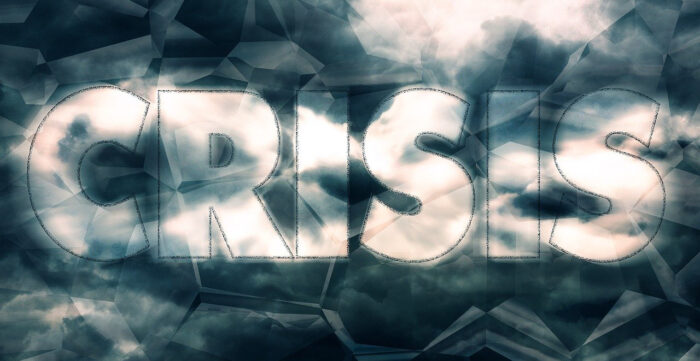This is a discussion paper launched in the Covid-19 La Marsa project. It’s a draft, any input and discussion is appreciated.
Author: Amel Djait
In absolute terms, crisis strategies are confrontation, appeasement or decay.
During the health crisis that La Marsa is going through (at the stage of deconfinement), it is the strategy of appeasement that must be played with a very small dose of confrontation (to scare the population in the right dose) without creating psychosis!
Objectives:
- Inform about the situation of the epidemic in La Marsa
- Reassure people
- Provoke commitment (discipline, behavioural changes, solidarity, awareness,…)
The information:
- A regular information point on the state of the crisis and the policy of its management in La Marsa.
- A main message that is both simple and concise. Easy to remember (“Wear masks. They are available in X places”. “Wash your hands”. “Don’t buy in shops where the sellers themselves don’t wear masks”, “show solidarity”,…) We have to protect our family, neighbour, neighbourhood, city, country…
- Secondary messages to develop, explain, argue, create support, push proposals, get feedback…
- A back up of transparent and verifiable information.
The more information creates trust, the more it is possible to act and to guide people. In times of crisis, trust is the driving force (It can be created because people are afraid and need leadership. You can quickly lose it because if people don’t trust you, they will not be disciplined or listen). The crisis allows you to gain legitimacy, recognition, etc. - A medical back up for a solid argument. Specialists of all kinds,…
Who?
- A credible and audible spokesperson
Trained in media training (in Arabic dialect, simple language, firm without aggression or threats, …)
Nurtured with continuous information on the crisis strategy adopted by the city of La Marsa
Gives an update on the daily situation in the city, including the results of crisis management strategies (deconfinement, masks, contamination, social assistance, public services, traffic, etc.). - A newsroom (press officer, press attaché, journalists, bloggers, sound and video technicians, scientific committee, community manager…)
A focal point where information is centralized and where all content productions about the city are created and delivered to the target groups.
Feeds the spokesperson.
Prioritizes information and channels according to the seriousness of the situation, … (Anticipate, monitor, understand, anticipate and react).
The monitoring also makes it possible to report the information to the local authorities (riot, denunciation, desperate people, crowd movements, …). - The communications manager or focal point of the newsroom must be part of the local crisis communication unit. He or she must be a source of alerts (watch, etc.) and at the forefront of the territory’s news in times of crisis in order to be able to react in time.
How?
- Channels: Media, mass media, sirens, police, call-center, website, social networks, pharmacies, …
- Use a main and official channel for the Covid
- Use all channels to create social adhesion, solidarity, mutual aid,…Idem to encourage discipline and make people adhere to barrier gestures,… Bring together the main actors of civil society to communicate on their actions and “use” them as a channel.
Formats
Press release, statements, press conferences, interviews, reports, podcasts, …
For each target a format.
Where?
The marsa. / Official antenna/ Saf Saf/ The canvas
When?
- During the crisis
Evaluate the situation in real time
Act and react according to the situation - After the crisis
Ensuring a return to normal
Do not forget that communication is crucial. In times of crisis the most important thing is to control the situation and then to let people know.
Remarks
- Communication alone is not the answer. It reflects the actual measures and actions that are being taken. If managed well, communication may or may not be positive if it is made known. On the other hand, if we managed badly, communication in excess, rarity or awkwardness can cause chaos.
- Do not play the “buzz” (do your job properly), do not settle political scores, take the height, rallying attitude, … People’s health is above all considerations.
- Don’t abuse the communication! We are not in a promotion or sales scheme… Information must keep a certain dimension. We must keep our attention so that we can intervene quickly and be listened to if the health situation deteriorates.
- La Marsa, yes! Absolutely! but not that… Tunisia

